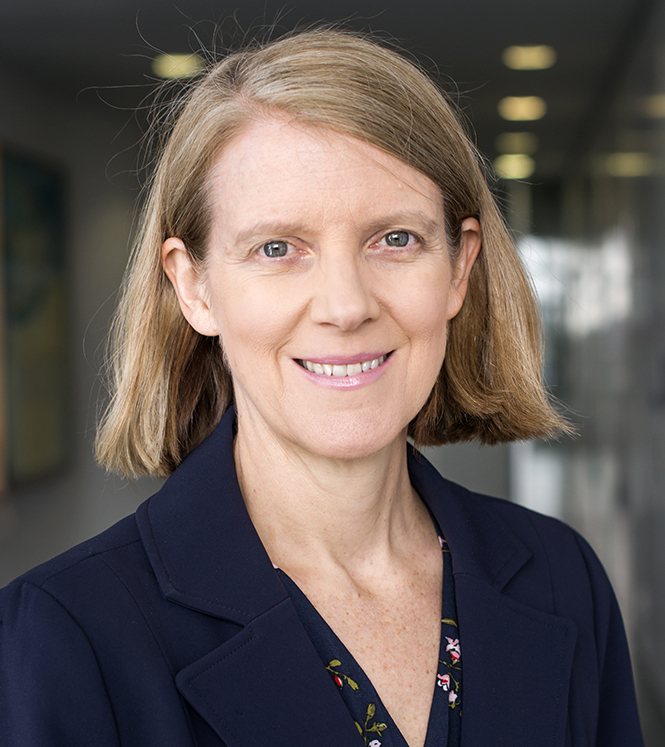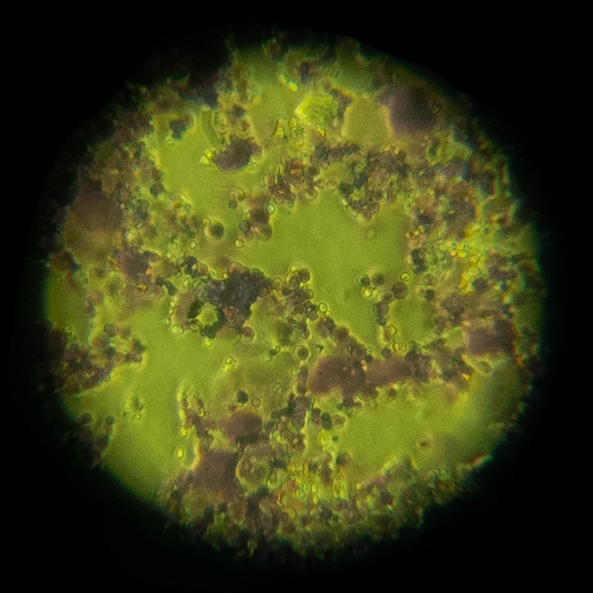
Professor Clare Scott (above) and her team at The Walter and Eliza Hall Institute of Medical Research will be looking for the secret to not only catching cancer early, but also preventing it from spreading.
The project, funded by generous supporters through Cancer Council’s Venture Grants research program, will study a small group of people considered cancer ‘super survivors’, who have each survived at least three completely unrelated cancers in their lifetime. Some of these rare people have been diagnosed with up to seven separate cancers in their lives, often at an early stage.
Prof Scott will be studying whether these unique cancer cases have occurred simply by chance, or whether these 14 participants could provide clues as to how to diagnose cancer early and prevent it from spreading – a process called metastasis.
“This is the holy grail of cancer medicine,” Prof Scott said. “Could these people, with multiple different types of cancer, have a special type of immune system which is set at just the right level to knock out cancer early, every time?

Cancer cells photographed through a microscope.
“If that is the case, then these super survivors could provide us with important information to help others.”
Looking at 36 tumours across 21 different cancers, including uncommon and low-survival cancers, this ground-breaking research could have huge impacts. Prof Scott says it will be the first time, to her knowledge, that an immune basis of these super survivors has been explored – and it wouldn’t be possible without your support.
The researchers will be looking at these tumours for sequences of DNA called ‘neoantigens’. These can be linked to the patients’ blood cells to predict what type of immune response occurs.
“Doing this with so many different tumour types has never been done before,” Prof Scott said.
“We hope that this will allow us to see patterns which may indicate why these patients have survived so many lethal cancers.”
Prof Scott is well suited to take on this highly ambitious research.
Between 2012 and 2016, Prof Scott was the recipient of Cancer Council’s Sir Edward Dunlop Research Fellowship, which develops the careers of promising cancer researchers who have the qualities to take an international leadership role. Among many other achievements Prof Scott holds the Chair at the University of Melbourne’s Gynaecological Centre, and leads the Ovarian and Rare Cancer Laboratory.
For this project she has assembled a team of highly accomplished researchers with experience across a wide range of disciplines and cancer studies. Being able to draw on this depth of knowledge and experience could be crucial, with their research expected to uncover some novel discoveries around the human immune response.
Immune response prevents tumours from spreading and becoming deadly. Prof Scott and the team believe this may be independent of the known genetic causes of cancer, rather than being linked to genes which are infamous for cancer involvement.
To discover this, they will study a second group of 100 people who have also had cancer at least three times, conducting extensive analysis to discover how their immune systems are switched on.
This will help provide context to the more detailed analysis of the smaller survivor group, while making their findings applicable to everyone.
Thanks to your support, Prof Scott and her team could be creating a whole new field of cancer research: the prevention of cancer’s spread. They hope their project will help produce new treatments to stop this process, and possibly even develop vaccines, significantly increasing the number of people who survive a diagnosis.
“The increasing global cancer burden can only be contained by prevention, so this sort of innovative approach to understand cancer containment is essential,” Prof Scott said.
“These super survivor individuals appear to sustain a novel immune state capable of repeatedly eliminating tumours. Understanding this immune response will allow us to uncover ways to harness the immune system. By doing this, a person can effectively live with their cancer, while getting on with their life.
“This research has the potential to dramatically reduce the cancer burden worldwide over the next decade and beyond, a global cancer challenge.”
Thank you for helping to fund this extraordinary work. By doing so, you’re playing a part in taking on this global cancer challenge.
Read more about Prof Scott’s research and other Venture Grants programs you’re making possible.